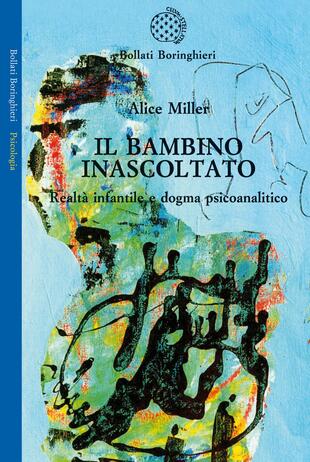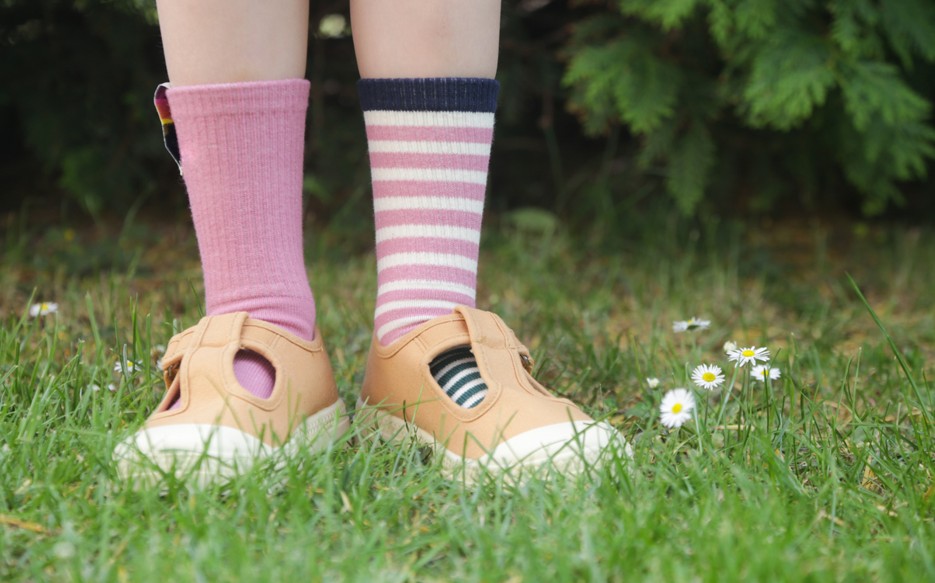

Sinossi
Alice Miller prosegue qui nel suo intento di smascherare ogni possibile forma di «pedagogia nera», l’educazione volta a occultare le esigenze dei genitori e degli educatori e a infondere il più presto possibile nei bambini il senso della loro colpevolezza e cattiveria. In questo quadro, anche la freudiana teoria delle pulsioni, che nel 1897 sostituì la ben più dirompente e scandalosa teoria della seduzione, può essere vista come una specie di «psicoanalisi nera», in sintonia con l’idea tradizionale del bambino colpevole: essa distoglie infatti l’attenzione dalla realtà infantile, e dunque anche dagli abusi subiti dal paziente, considerandoli un semplice prodotto delle sue fantasie inconsce o delle sue proiezioni. Al bambino presente in noi, dunque, non si dà retta neppure nello studio dell’analista, se questi bada più ad applicare dogmaticamente le sue teorie che non a recepire le angosce e le esperienze traumatiche dell’analizzando. Se nella nostra società la rimozione collettiva dei traumi infantili è un dato ormai generalizzato, la verità sull’infanzia parrebbe invece affiorare ancora nei sogni, nelle fiabe e nelle opere letterarie. Sulla scorta di alcuni testi di Flaubert, Kafka, Beckett e Virginia Woolf, oltre che di molti esempi tratti dalla pratica analitica, la Miller illustra la sua tesi: sia le messe in scena attuate dai pazienti, sia l’opera poetica in generale vanno intese come messaggi cifrati relativi alla realtà della prima infanzia.
- ISBN: 8833970485
- Casa Editrice: Bollati Boringhieri
- Pagine: 351
- Data di uscita: 30-10-2010

